Ireland plans to decriminalise small amounts of heroin and cocaine
Medically supervised injection rooms will open as part of 'radical culture shift' in drugs policy
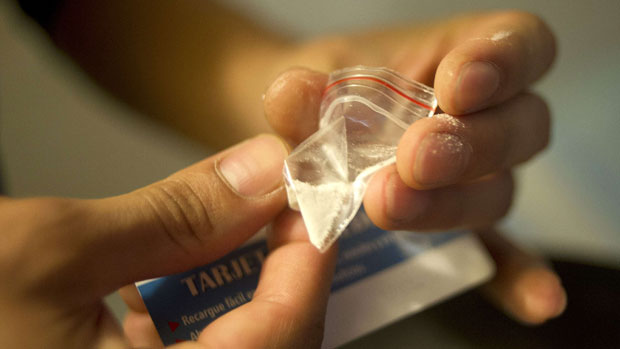
A free daily email with the biggest news stories of the day – and the best features from TheWeek.com
You are now subscribed
Your newsletter sign-up was successful
The possession and consumption of small amounts of heroin, cocaine and cannabis will be decriminalised in Ireland next year, according to Aodhan O Riordain, the minister in charge of the National Drugs Strategy.
Supervised injecting rooms will also be set up as part of a "radical culture shift" in drugs policy, he said. However, it would still be a crime to sell or distribute these drugs.
Speaking at a London School of Economics conference last night, O Riordain said: "I am firmly of the view that there needs to be a cultural shift in how we regard substance misuse if we are to break this cycle and make a serious attempt to tackle drug and alcohol addiction."
The Week
Escape your echo chamber. Get the facts behind the news, plus analysis from multiple perspectives.

Sign up for The Week's Free Newsletters
From our morning news briefing to a weekly Good News Newsletter, get the best of The Week delivered directly to your inbox.
From our morning news briefing to a weekly Good News Newsletter, get the best of The Week delivered directly to your inbox.
O Riordain told the Irish Times the medically supervised injection rooms "will happen next year", with the first one opening in Dublin, followed by facilities in Cork, Limerick and Galway. These will not be "free-for-all" facilities for drug addicts, he said, but "clinically controlled environments which aim to engage hard-to-reach populations".
This will be possible if a new Misuse of Drugs Bill, currently being drawn up, is enacted "early next year", the minister explained.
Recently, a leaked paper from the UN Office on Drugs and Crime (UNODC) recommended that drugs be decriminalised for possession and personal consumption, as criminalisation "has contributed to public health problems and induced negative consequences for safety, security, and human rights".
The paper, written by Dr Monica Beg, chief of the HIV/AIDs section of the UNODC in Vienna, was backed by Virgin founder Richard Branson, who urged governments to heed it. According to the BBC, however, the paper was never sanctioned by the organisation as policy and was withdrawn after pressure from at least one country.
A free daily email with the biggest news stories of the day – and the best features from TheWeek.com
Next April, the UN General Assembly will host a summit on "The World Drug problem", where officials are expected to discuss the matter further.
-
 Political cartoons for February 14
Political cartoons for February 14Cartoons Saturday's political cartoons include a Valentine's grift, Hillary on the hook, and more
-
 Tourangelle-style pork with prunes recipe
Tourangelle-style pork with prunes recipeThe Week Recommends This traditional, rustic dish is a French classic
-
 The Epstein files: glimpses of a deeply disturbing world
The Epstein files: glimpses of a deeply disturbing worldIn the Spotlight Trove of released documents paint a picture of depravity and privilege in which men hold the cards, and women are powerless or peripheral
-
 How corrupt is the UK?
How corrupt is the UK?The Explainer Decline in standards ‘risks becoming a defining feature of our political culture’ as Britain falls to lowest ever score on global index
-
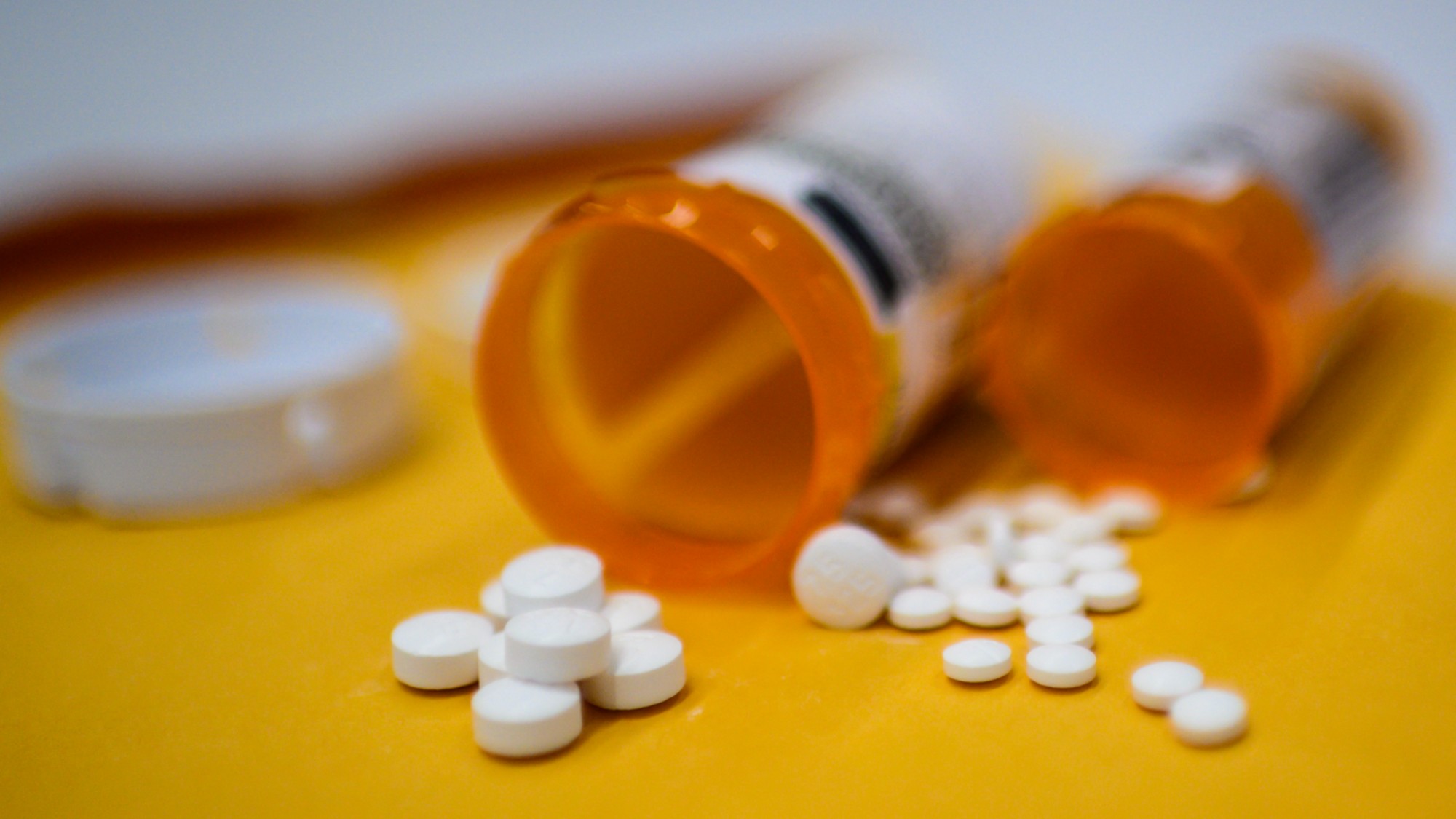 ‘One day fentanyl will come back — and there will be little anyone can do’
‘One day fentanyl will come back — and there will be little anyone can do’Instant Opinion Opinion, comment and editorials of the day
-
 The high street: Britain’s next political battleground?
The high street: Britain’s next political battleground?In the Spotlight Mass closure of shops and influx of organised crime are fuelling voter anger, and offer an opening for Reform UK
-
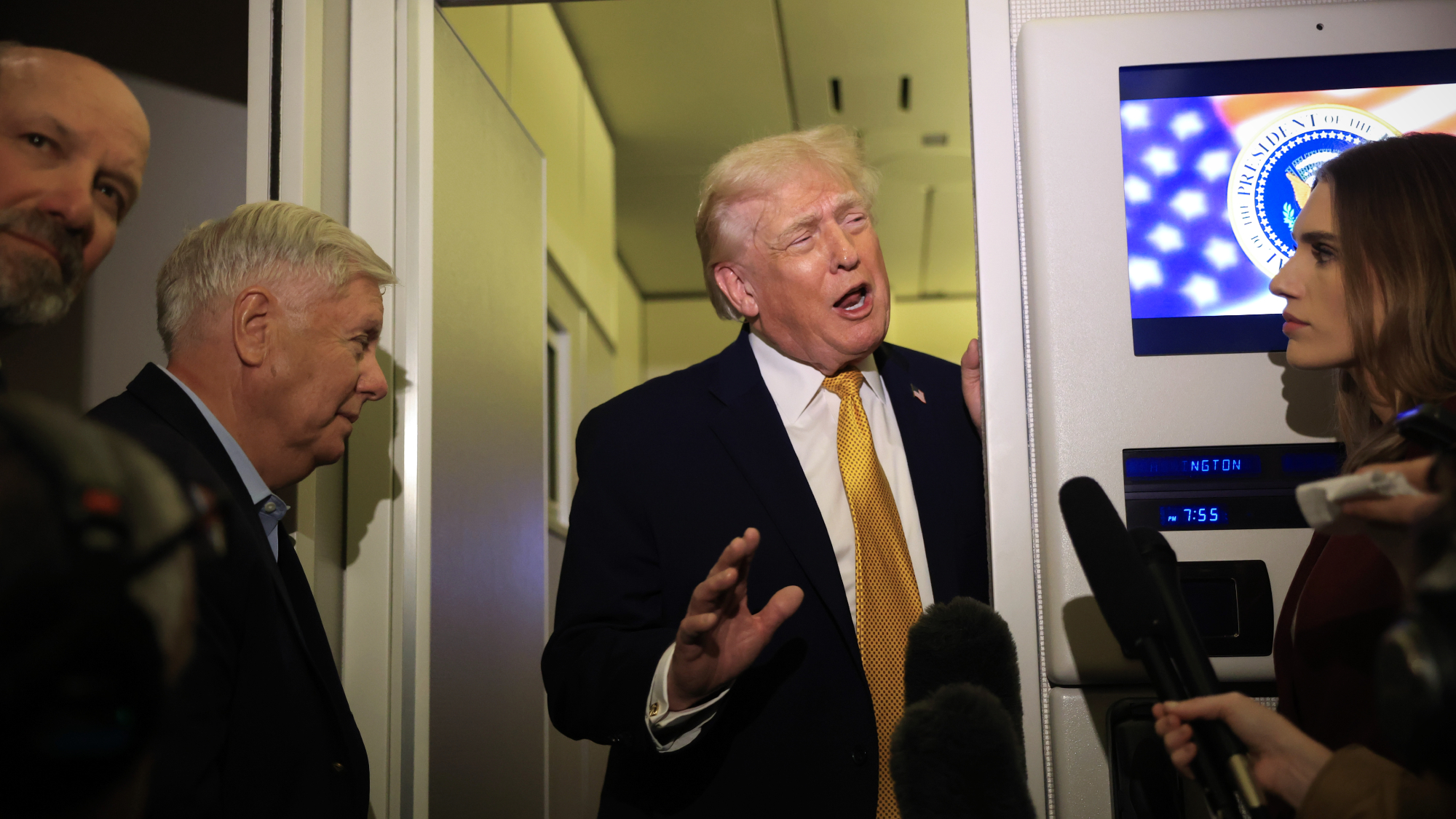 Trump says US ‘in charge’ of Venezuela after Maduro grab
Trump says US ‘in charge’ of Venezuela after Maduro grabSpeed Read The American president claims the US will ‘run’ Venezuela for an unspecified amount of time, contradicting a statement from Secretary of State Marco Rubio
-
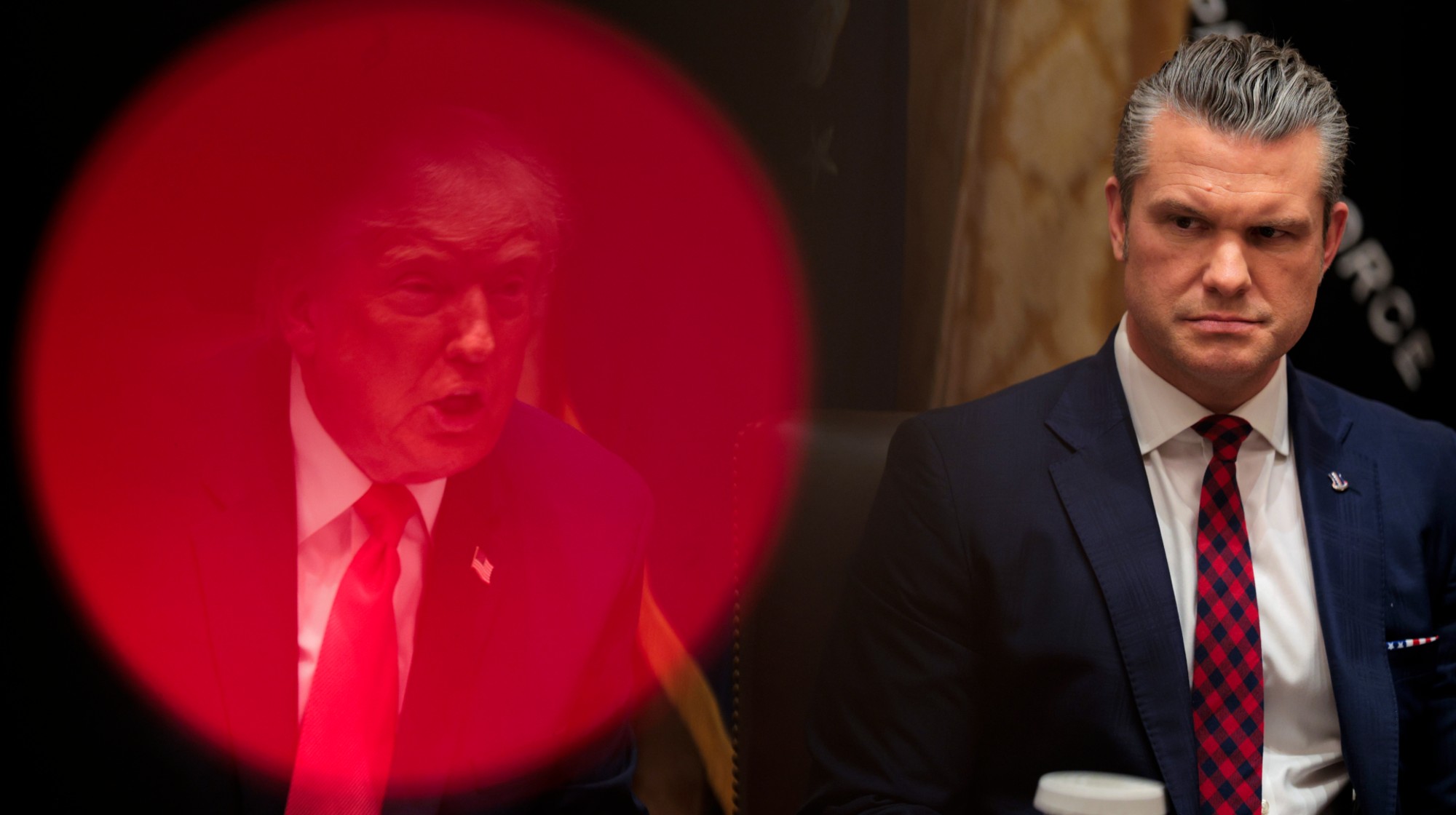 Why is Trump’s alleged strike on Venezuela shrouded in so much secrecy?
Why is Trump’s alleged strike on Venezuela shrouded in so much secrecy?TODAY'S BIG QUESTION Trump’s comments have raised more questions than answers about what his administration is doing in the Southern Hemisphere
-
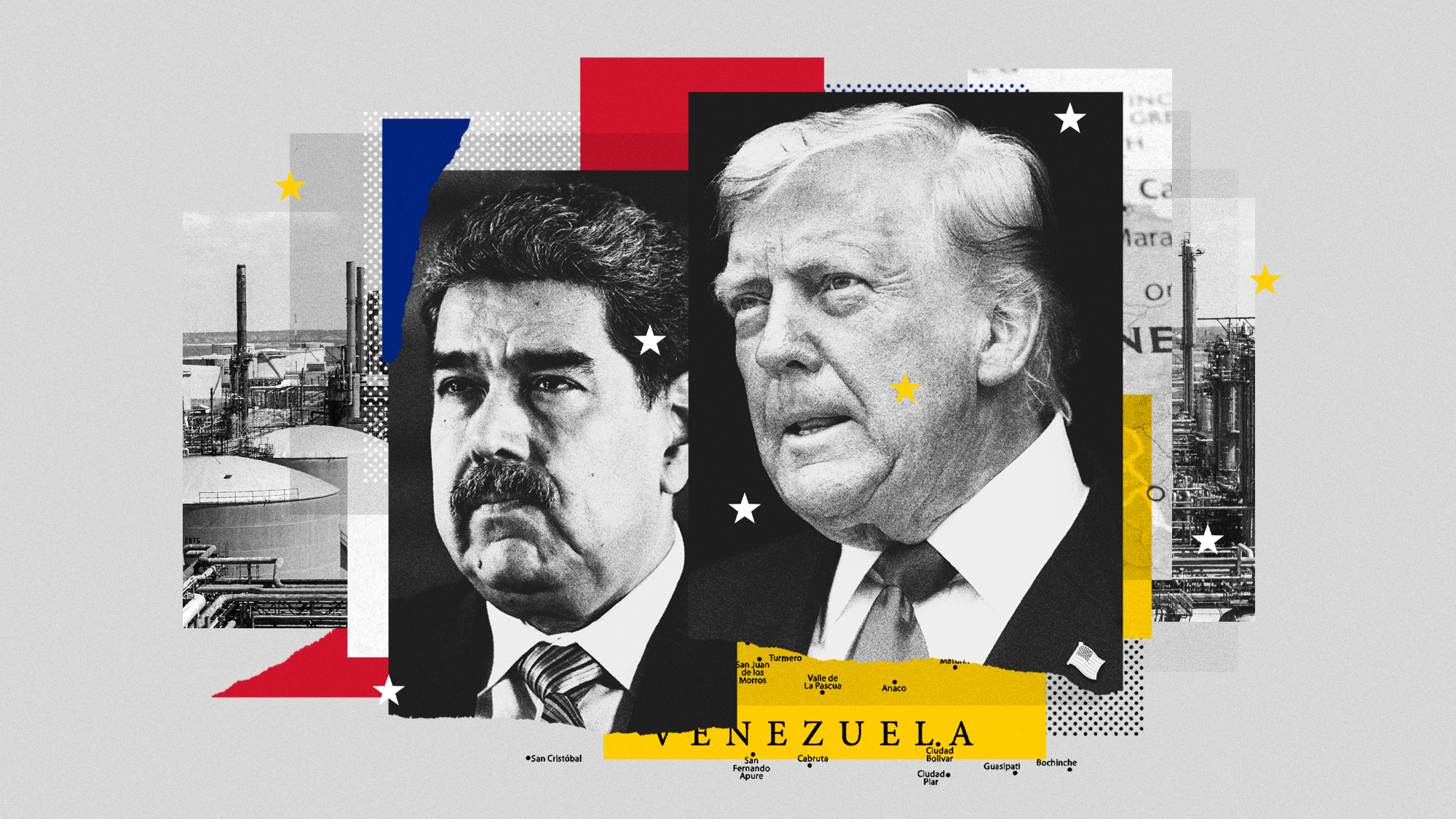 Why, really, is Trump going after Venezuela?
Why, really, is Trump going after Venezuela?Talking Points It might be oil, rare minerals or Putin
-
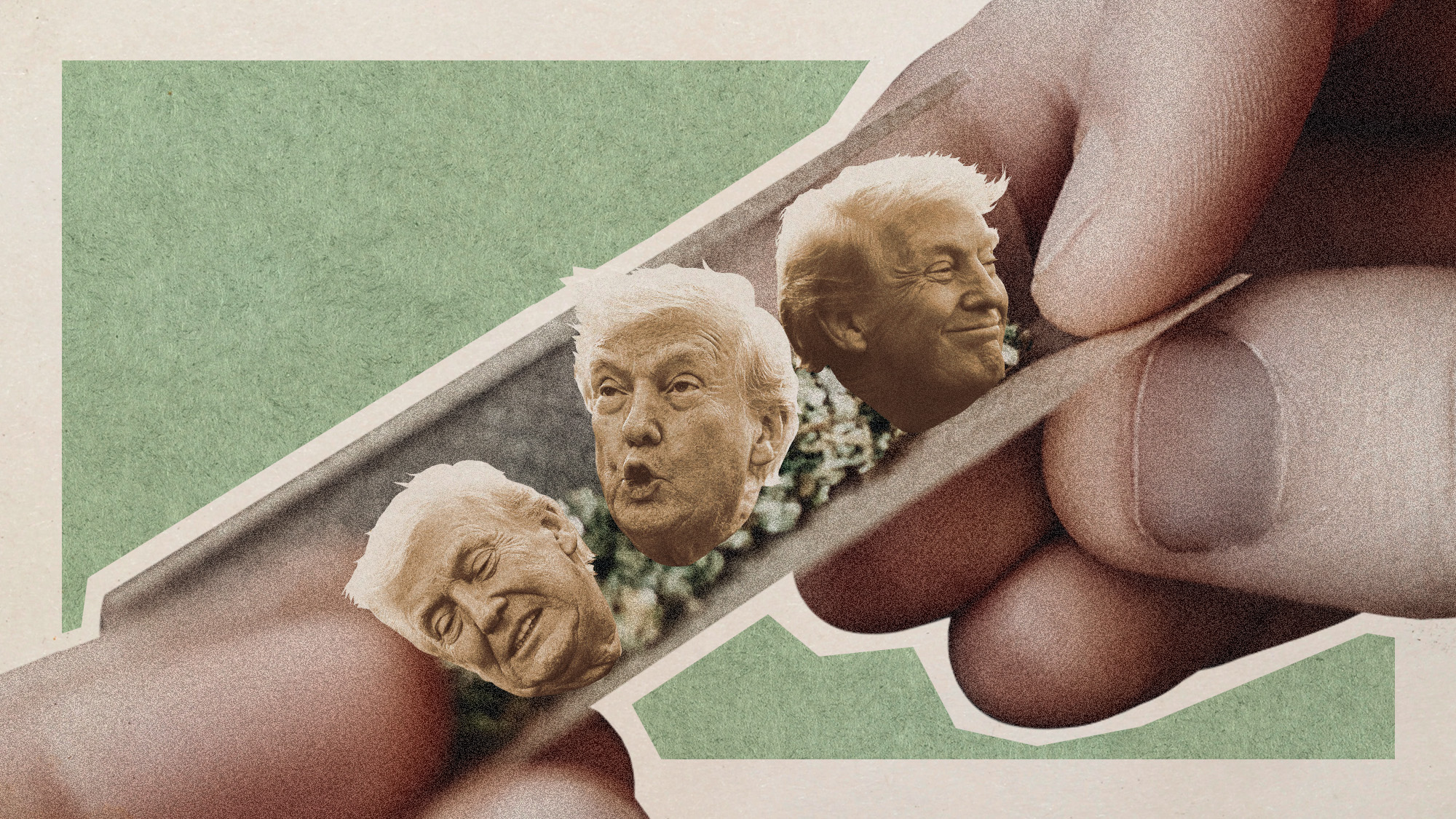 Why does Trump want to reclassify marijuana?
Why does Trump want to reclassify marijuana?Today's Big Question Nearly two-thirds of Americans want legalization
-
 ‘Managed wildfires have spread out of control before’
‘Managed wildfires have spread out of control before’Instant Opinion Opinion, comment and editorials of the day